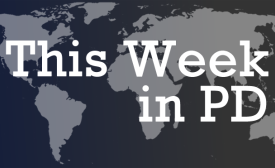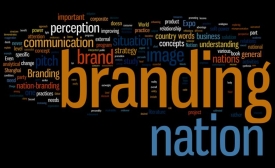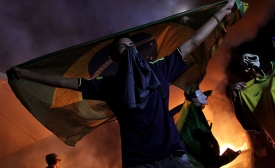soft power
Turkey’s exports of home-grown television dramas play a key role in wielding “soft power” across the region, a Turkish culture minister has said. By creating a lasting influence on Turkey’s image in the region, popular dramas are among the country’s most well-known economic and cultural exports, said Turkish Minister of Culture and Tourism Ömer Çelik June 12.
It's not a good sign when the leader of a G7 nation feels the need to state his country still matters. That is precisely what French President Francois Hollande did at a meeting of European Union leaders last month after his Socialist party's humiliating defeat by the hard right National Front in European Parliament elections.

As the 2014 FIFA World Cup kicks off to fanfare and protest, we see how soccer and sports diplomacy can improve the image and soft power of Brazil.

Reflections on the conceptual implications of nation branding: how branding a nation develops its soft power advantage
Those who had expected the Modi foreign policy doctrine to be defined by a new muscularity will probably be disappointed. Instead, it suggests a thoughtful understanding of smart power, an integrated approach that will best serve India in a complex, interdependent world.
As Brazil prepares for the World Cup kick-off this Thursday, CPD asked a few experts from the public diplomacy community for their thoughts on what hosting the tournament means for Brazil’s soft power.
Brazil’s hosting of the 2014 FIFA World Cup was perceived as an economic, political and soft power coup for the country when it was announced as the host in late 2007. But it has become mired in labor disputes, not-yet-completed infrastructure, laughable gaffes, deadly accidents and massive social unrest.

The lasting legacy of the 2014 FIFA World Cup will not be the grand infrastructure or (questionable) economic boom promised by their FIFA overlords.







